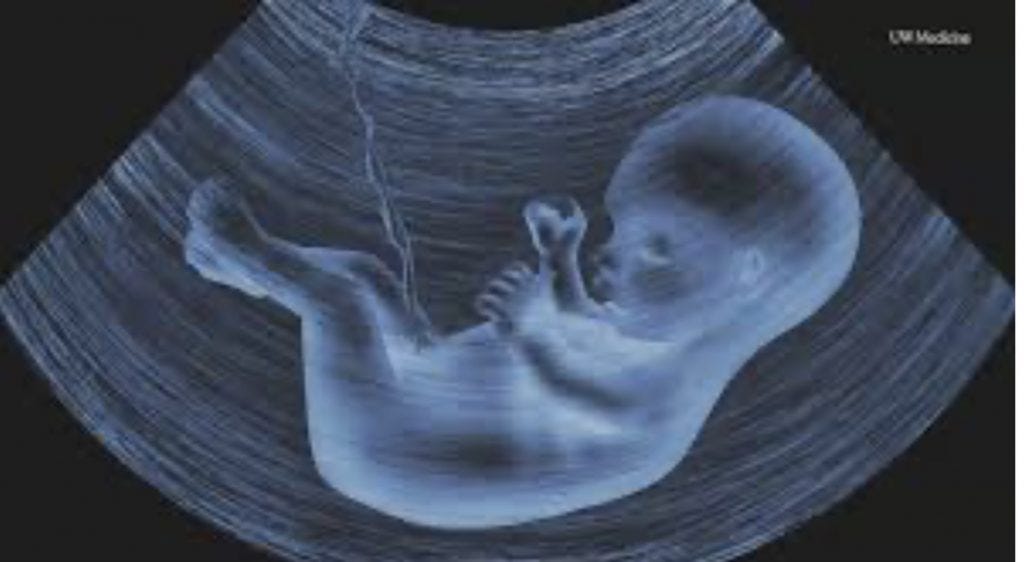New on HWSS TV
Over recent weeks we have been adding new videos to our TV Channel including the Vitamin D test, the Maternity Balance Kit and the one featured below from Muhdo. We currently have 17 videos playing with more being added each week so check them out here.
Muhdo 2.0 incorporating DNA 12
Muhdo’s latest innovation DNA 12 has now been added to their app v2.0. This is a new monthly subscription service that enables you to gain access to new genetic health insights. Discover your genetic predispositions to a range of health issues and understand through lifestyle, environment and nutrition changes how best to mitigate or manage any adverse effects. Discover much more here and don’t forget to use our discount code HWSS12 to get 10% off.
Introducing ZinoCash
Adding to Zinzino’s Customer Loyalty Programme Z4F (Zinzino4Free) they have recently launched a Reward Programme called ZinoCash. This comprises two levels of reward: Level 1 Customers earn ZinoCash for each paid order with shipping costs. Shipping costs paid by a Customer equal the same amount in ZinoCash, which is accumulated and added to their “My Account.” Customers are then entitled to Level 2 from their 7th paid monthly order and will get 10% of their full order back in ZinoCash, in addition to their ZinoCash shipping reward (Level 1). To learn more about this please reach out to your Independent supply Partner or get in touch with us directly.
Posteclampsia
by Dr Paul Clayton
Preeclampsia affects up to eight percent of pregnant women worldwide, and kills 75,000 mothers and 500,000 babies each year (1). As the stats reveal, the syndrome is neither adequately predicted, prevented nor treated. This is partly due to the fact that preeclampsia presents differently in different individuals, partly due to the lack of sufficiently accurate predictive screening methods and partly due to money and politics. Continue reading here.
Taking antibiotics triples the risk of childhood IBD, study warns
by StudyFinds
Inflammatory bowel disease (IBD) is a very prevalent gastrointestinal condition that usually results in chronic abdominal pain or discomfort. For children, a new study reveals that they are more vulnerable to this condition if they take antibiotics or consume a typical Western diet starting at a young age. While wealth often equates to better health, scientists add that even children from families with a higher socioeconomic status are more vulnerable to IBD. Read more here.
HWSS Newsletter & Healthcare News is a reader-supported publication. To receive new posts and support my work, please consider becoming a free or donor subscriber.





